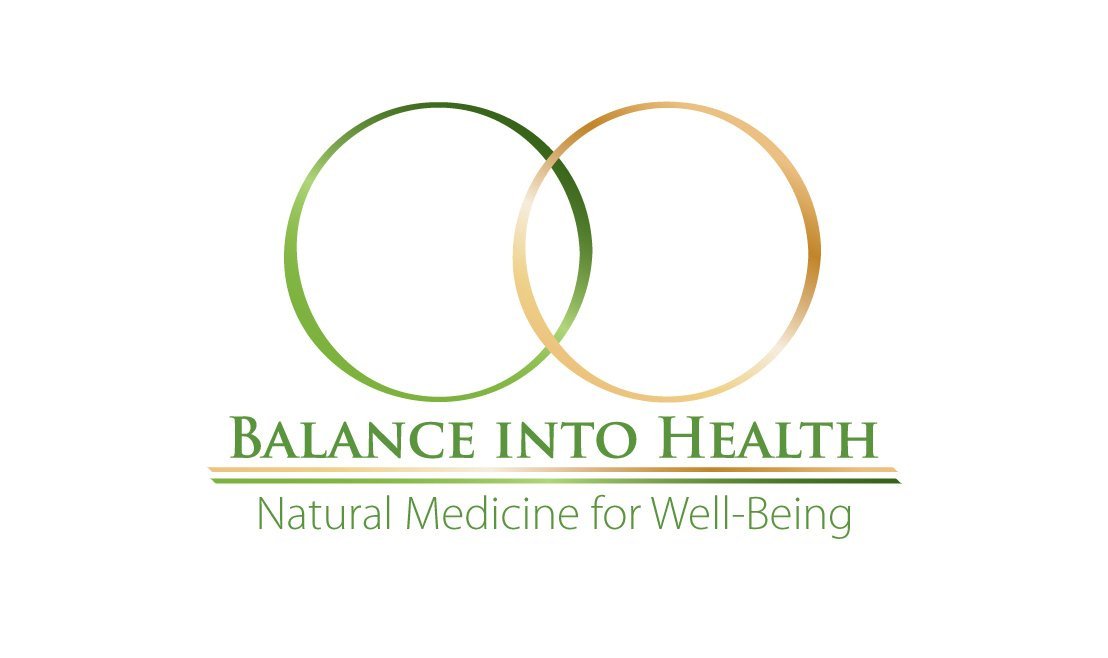Lysine for Cold Sores: Everything You Need to Know
Lysine and Cold Sores
Cold sores, or fever blisters, are caused by the herpes simplex virus type 1 (HSV-1, also known as oral herpes). While there is no cure, this condition can be treated with common antiviral medications such as valacyclovir or acyclovir. A supplement you might take in addition to antivirals is lysine, an essential amino acid found in protein. It isn’t produced in your body, so you must consume it via an oral supplement or through diet.
Common foods rich in lysine include:
• chicken
• turkey
• codfish
• sardines
• lamb
• peanuts
• grapes
• eggs
• yogurt
• spirulina
• soybeans
• parmesan cheese
How it Works
In order to replicate in the body, herpes simplex needs a steady source of arginine. This amino acid converts into nitric oxide within your body, a chemical necessary to expand blood vessels and improve blood flow.
Lysine is thought to interfere with arginine being absorbed into your intestine, making the amino acid unavailable for the virus. So even if it may not cure a cold sore infection, lysine can help slow or prevent the HSV-1 replication process. In addition, research suggests that lysine may reduce the number of occurrences of this infection and decrease healing time. For example, a small study from 2005 showed that lysine sped up the healing process for 87 percent of participants, shortening the average time from 21 days to 6 days for these people.
Dosage for Treating or Preventing Cold Sores
To treat a cold sore infection, apply lysine cream to the affected area every two hours for 11 days. To manage cold sore infections, the recommended dosage for oral supplements is 1 gram three times daily. To help prevent them, the dosage is 1 gram daily. It’s also recommended that you take a zinc and vitamin C supplement to provide your immune system with an additional boost.
Lysine Side Effects
When taken at its recommended dosage, lysine is generally safe. However, it can cause certain side effects in some people, including:
• diarrhea
• cramps
• abdominal pain
• gallstones
• nausea
• kidney issues
If you see no improvement in your condition, discuss dosages and alternative treatment with your health care practitioner. If you begin to experience worsening symptoms, stop treatment immediately.
Pregnancy and Other Precautions
There isn’t enough information about the safety or side effects of taking lysine during pregnancy. If you’re breastfeeding or pregnant, this supplement isn’t recommended. When incorporating lysine into your diet, eat foods in moderation to avoid weight gain or developing a health condition.
Before taking lysine or any other supplement, discuss the risks with your doctor. Lysine can interact with other medications you may be taking. It can also increase your calcium absorption, which can in turn weaken your bones and affect organ function.
Outlook for Treating Cold Sores with Lysine
A cold sore infection can’t be cured, but lysine treatment can reduce its recurrence. Though shown to be effective, lysine isn’t recommended for pregnant women since there isn’t enough information on how safe it is for these women.
For Further Reading:
• An excellent article describing the mechanism by which nutritional Lysine works to limit herpes virus replication is at: https://www.abreva.com/managing-lip-health/lip-care/lysine-and-cold-sores/
• The National Library of Medicine presents an in-depth article at https://www.ncbi.nlm.nih.gov/pmc/articles/PMC6419779/
• WebMD.com presents detailed information including uses, precautions, interactions and dosage. The article can be found at: https://www.webmd.com/vitamins/ai/ingredientmono-237/lysine
